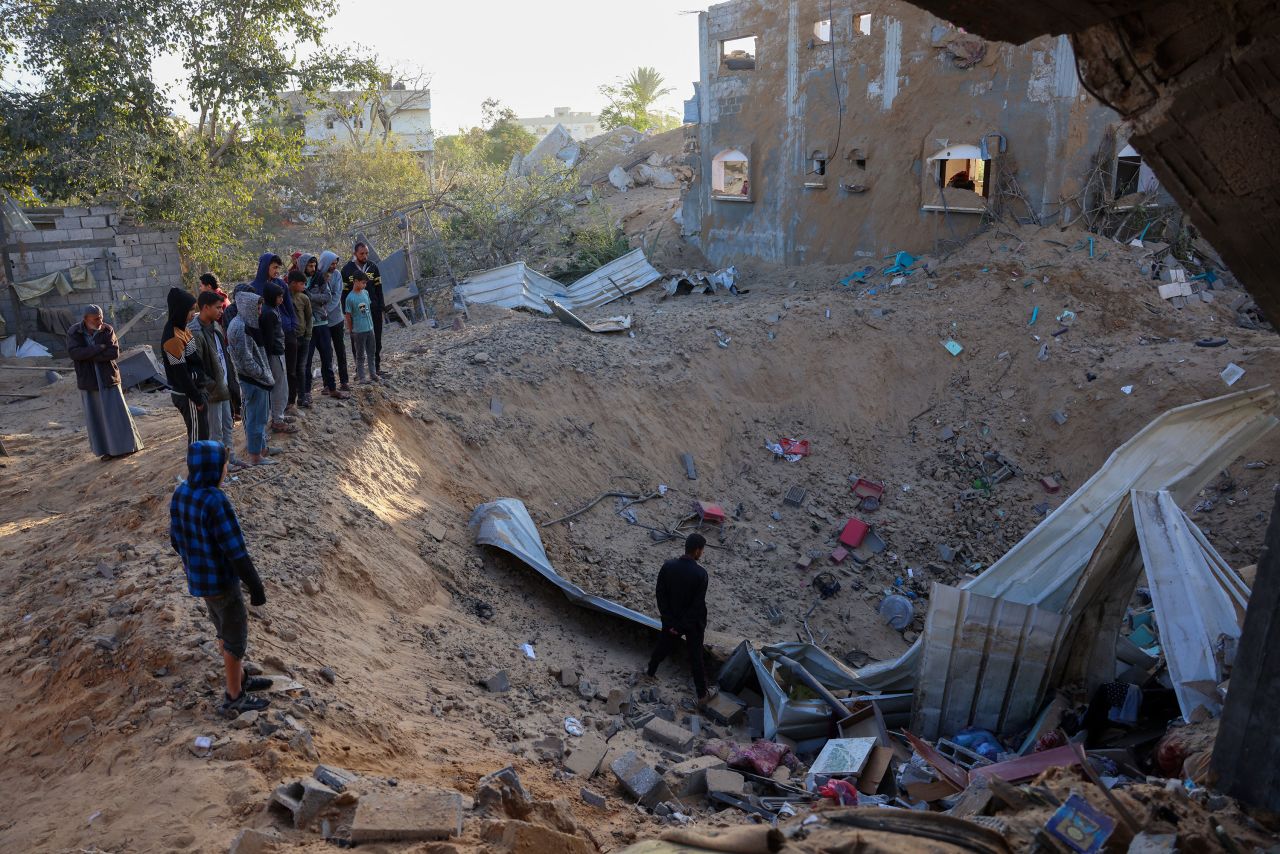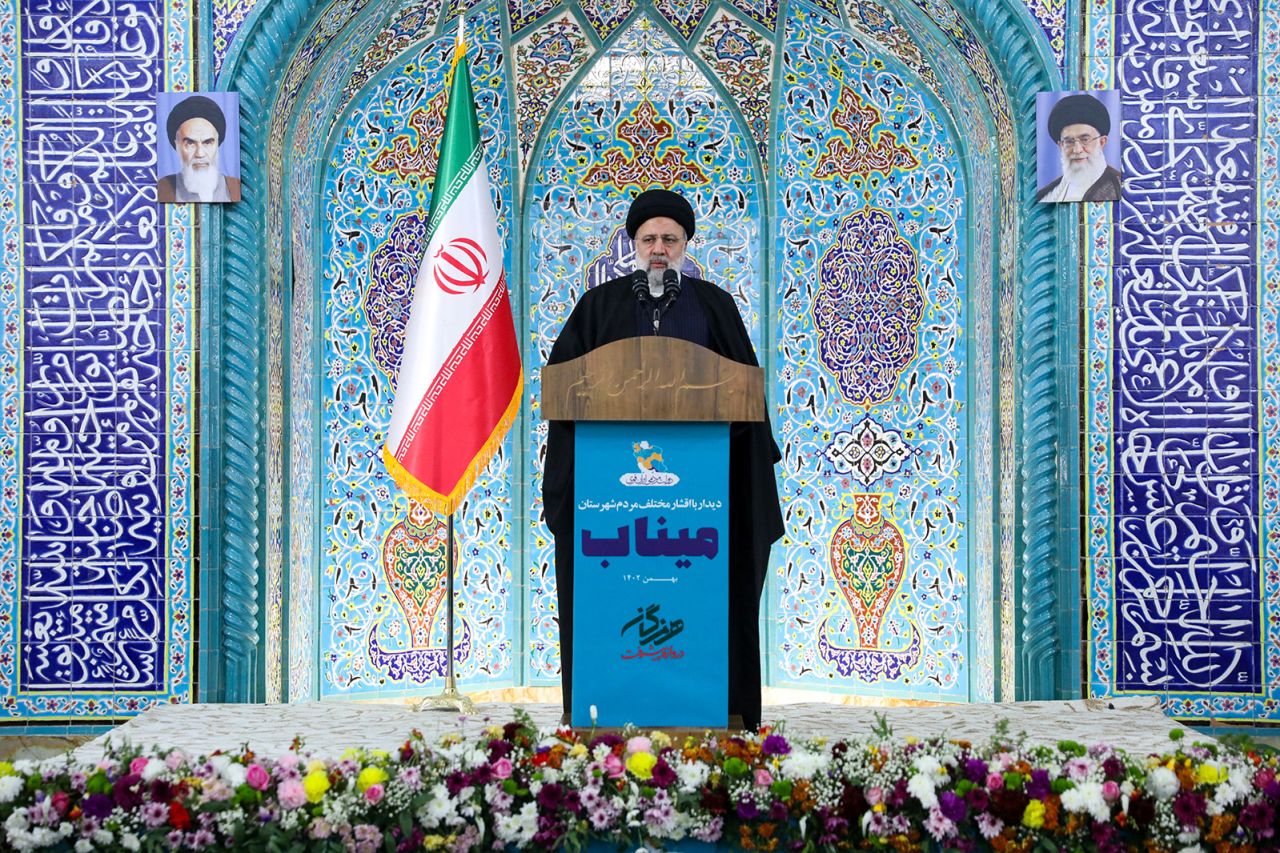As Iran faces a humanitarian crisis that has left a staggering 60% of its working-age population unemployed, the recent escalation of military conflict is exacerbating an already dire economic landscape. According to The Economist, prices have skyrocketed by 35% in just one year, pushing 18% of the population below the World Bank’s poverty threshold. While ordinary Iranians suffer, the military-industrial complex thrives, profiting from destruction.
War Economy Deepens Inequality
The bombings targeting Iran’s oil and gas fields not only cripple essential resources but also highlight a disturbing pattern of wealth concentration amid conflict. As reported by Wikipedia, the airstrikes have led to the destruction of critical infrastructure in 21 out of 31 provinces. This destruction disproportionately affects low-income families who rely on these resources for survival. The military actions by Israel, including the bombing of gas fields and car manufacturing facilities, serve to enrich arms dealers and contractors while impoverishing the Iranian populace.
Sanctions and Airstrikes Fuel Poverty
The ongoing sanctions imposed on Iran have already crippled its economy, and the recent military strikes have only exacerbated the situation. With the government burning low-grade mazut to keep the lights on, as noted by The Economist, the nation’s energy crisis is a direct consequence of a decade of sanctions and military aggression. These actions not only violate the human rights of ordinary citizens but also serve as a stark reminder of how geopolitical conflicts can undermine economic stability and human dignity.
\n\n
October 25, 2024 Israel strikes Iran in high-stakes retaliation | CNN
Impact on Workers and Families
The fallout from the war economy is apparent in the daily struggles of Iranian families. With unemployment at an all-time high, workers are left with few options to support their families. The economic policies enacted in response to the conflict have failed to provide relief, instead enriching a select few while the majority face food insecurity and homelessness. The correlation between military action and economic decline suggests a deliberate strategy to maintain control over the population through poverty and desperation.
Global Consequences of Local Conflict
The implications of Iran’s economic collapse extend far beyond its borders. As reported by New York Post, the ramifications of the Israeli airstrikes are felt globally, affecting markets and international relations. The urgent need for a reevaluation of foreign policy is evident, as continued military intervention only serves to deepen economic disparities and fuel further conflict.
\n\n
February 2, 2024 Israel-Hamas war | CNN
Calls for Accountability and Justice
As the situation in Iran deteriorates, the demand for accountability grows louder. Activists and advocates are calling for an end to the cycle of violence that perpetuates poverty and suffering. The need for progressive taxation and economic reforms is paramount in addressing the systemic inequalities that have plagued the nation for decades. This conflict serves as a tragic example of how war and economic injustice are inextricably linked, highlighting the urgent need for a new approach focused on human rights and equitable economic policies.







![[Video] Gunfire between Iraqi security forces and Sadr militias in Baghdad](/_next/image?url=%2Fapi%2Fimage%2Fthumbnails%2Fthumbnail-1768343508874-4redb-thumbnail.jpg&w=3840&q=75)
